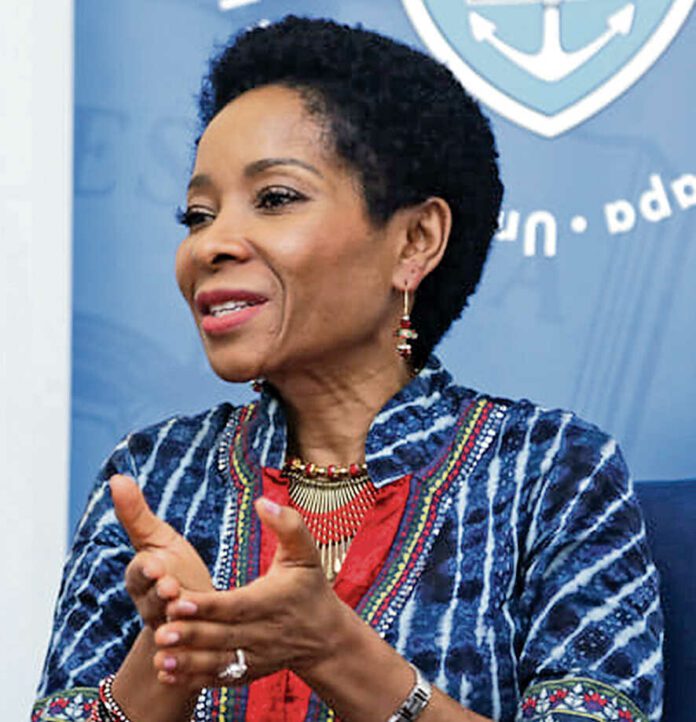The unsavoury in-fighting that is currently rocking the higher echelons of the University of Cape Town is deeply troubling, especially if it must be diagnosed in the context of transformation.
The fight appears to emanate from the early departure of deputy vice-chancellor for learning and teaching Professor Liz Lange, whose reasons for resigning have become a subject of conflicting versions by the institution’s leadership.
The university’s council is split down the middle, with those who support vice-chancellor Mamokgethi Phakeng saying Lange resigned of her own volition, while the other group (calling itself concerned members of UCT Council) maintains that she was pushed out by Phakeng and council chair Babalwa Ngonyama.
There is something fishy here. It is unheard of that after losing a vote, a disgruntled faction of the council would issue a scathing public statement attacking the integrity of the council meeting.
What worries most is this group’s selective reporting of what transpired at the special council meeting on Thursday. The statement from this group appears to ignore or underplay one critical factor: that Ngonyama presented a report about the meeting she held with Lange, where the latter was informed of the likelihood of Phakeng’s tenure as vice-chancellor being renewed for a further five years.
This group (which is also curiously made up of individuals with deep political affiliation) appears to have conveniently also failed to convey the other side of the story to the public: that Ngonyama also reported how Lange allegedly threw her toys out of the cot on learning of Phakeng’s re-appointment for a further five-year term. In fact, according to
Ngonyama’s report, Lange made her ambition to succeed Phakeng known in that meeting.
We are told that Lange has disputed Ngonyama’s version, insisting that she was told that Phakeng did not want her to serve as her deputy. A question may well be asked as to why she did not lodge a formal complaint with the council instead of opting to resign before she could dispute Ngonyama’s version.
This sadly makes her appear to have successfully used a faction of the university council as a proxy in her battle against Phakeng.
We, at this publication, are not going to sit idly while the transformation project at previously white institutions comes under attack by those whose actions suggest they are still nolstalgic about their past privilege.
Phakeng is a decorated black woman academic and yet she has – since her appointment – never had a moment of peace. It is painful to watch how she has never been afforded enough space to freely manage UCT’s affairs without undue interference.
Higher Education Minister Blade Nzimande must step in and facilitate the appointment of an independent inquiry to determine the reasons behind constant attacks on Phakeng and Ngonyama.
The stakes have become so high that the battle for the soul of UCT has become a matter of life and death in certain university quarters.
Follow @SundayWorldZA on Twitter and @sundayworldza on Instagram, or like our Facebook Page, Sunday World, by clicking here for the latest breaking news in South Africa. To Subscribe to Sunday World, click here



